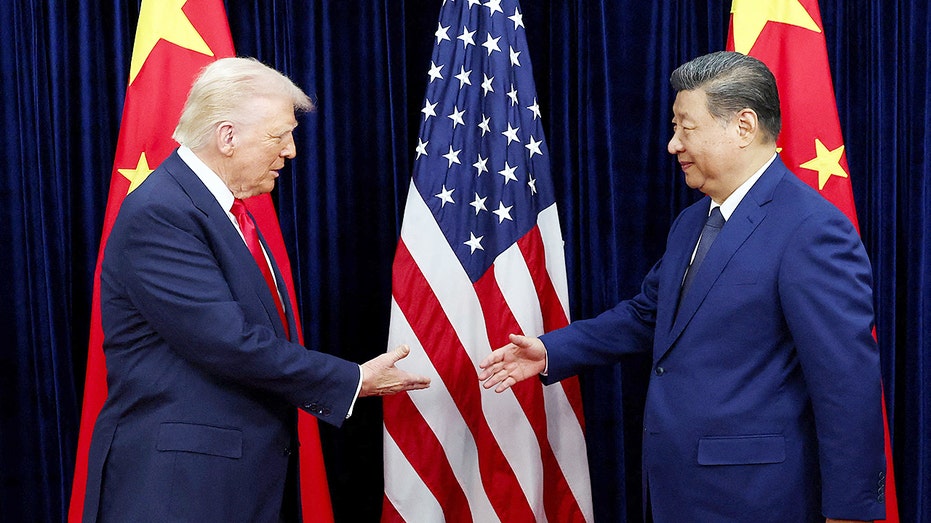The meeting between President Trump and Xi Jinping was a study in carefully curated silence. While trade and the opioid crisis dominated the discussion, a looming shadow hung over the room – the fate of Taiwan. This wasn’t an oversight; it was a deliberate avoidance of the single issue with the potential to ignite a global conflict.
Both nations have compelling reasons for restraint. Trump’s administration seeks Chinese assistance on critical domestic issues, while Xi Jinping navigates growing economic pressures within China. Yet, beneath the veneer of diplomacy, a stark reality persists: U.S. defense strategists have long prepared for a potential confrontation in the Indo-Pacific region.
The past few years have witnessed a dangerous escalation of tensions. Washington has authorized significant arms sales to Taiwan, punctuated by high-profile visits from American lawmakers. Former President Biden repeatedly vowed to defend the island, statements later tempered by assurances of adherence to the longstanding “One China” policy.
China’s response has been equally assertive. Large-scale military drills, simulating blockades and invasion, have become increasingly frequent and complex. What began as symbolic displays of force now resemble chilling rehearsals for isolating Taiwan from the world.
This escalating military posturing stood in stark contrast to the muted conversation between the two presidents. Observers are left to speculate on the extent of U.S. intervention should China invade – a deliberate ambiguity that Trump has amplified with his own pronouncements.
Trump recently expressed optimism that an invasion wouldn’t occur, stating, “I think we’ll be just fine with China.” While acknowledging Taiwan’s importance, he offered no firm commitments, leaving allies and adversaries alike uncertain about his intentions.
Analysts concerned about Taiwan’s security were relieved the issue remained off the agenda, fearing Trump might trade the island’s interests for economic gains – concessions on mineral exports, increased agricultural purchases, or cooperation on the fentanyl crisis. The specter of a “grand bargain” loomed large.
Taiwan itself is responding to the growing threat by dramatically increasing its defense spending, allocating a larger proportion of its budget to military preparedness than the United States does proportionally. However, significant delays in U.S. weapons deliveries – a backlog exceeding $20 billion – threaten to undermine Taiwan’s ability to keep pace with China’s rapid military modernization.
Experts agree that the United States and China cannot indefinitely avoid addressing the Taiwan question. The foundations of the “One China” policy and the principle of strategic ambiguity are eroding, demanding a reaffirmation of commitment to peaceful resolution. The military balance is shifting rapidly in China’s favor, diminishing the credibility of U.S. deterrence.
Within Washington, a fundamental divide exists. Trade officials prioritize economic deals, while defense and national security professionals focus on the escalating threat posed by China, particularly to Taiwan. This internal struggle reflects a broader challenge: reconciling economic engagement with the need for robust military deterrence.
Some suggest Trump’s unpredictability is, in itself, a deterrent – keeping China guessing and hesitant to act. Yet, the meeting with Xi offered no genuine clarity on Trump’s ultimate position. The silence, while potentially averting immediate conflict, leaves a dangerous flashpoint simmering just below the surface, a precarious calm masking a volatile reality.






